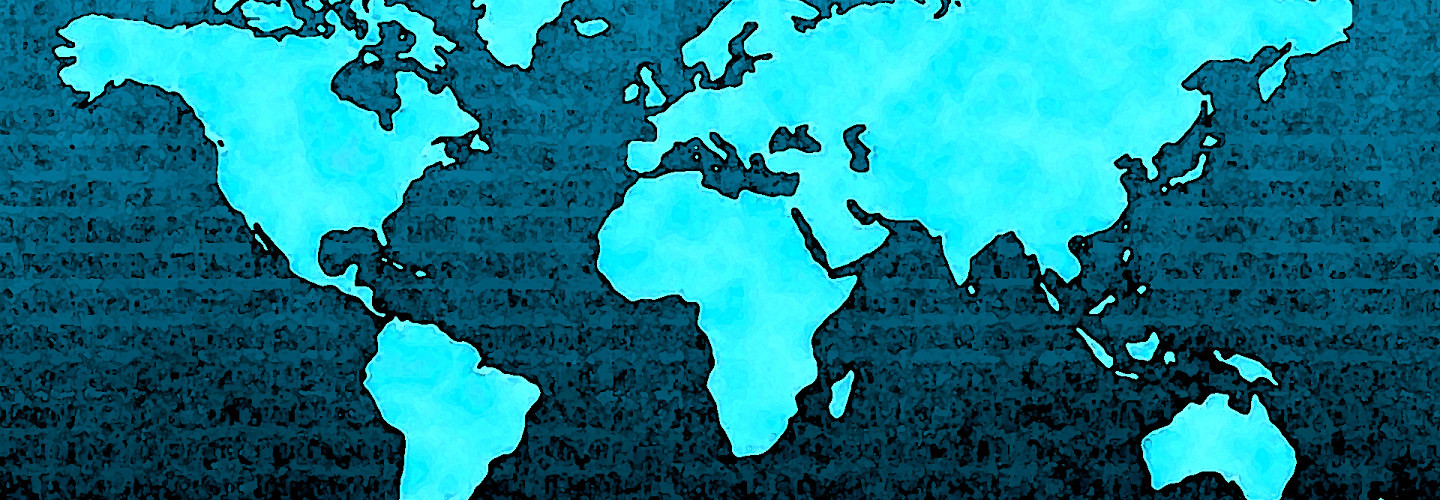A list of key upcoming meetings and events that have implications for global affairs compiled by the Global Observatory.
FEBRUARY 7: Elections for Presidency and Legislature, Ecuador
On February 7, Ecuadorians will vote for a new president, vice president, and legislature. The leading presidential candidate is Andrés Arauz of the Union for Hope coalition, a former culture minister and Central Bank director. He has vowed to reverse President Lenín Moreno’s policies and has been critical of a loan he secured from the International Monetary Fund. The second-place candidate is Guillermo Lasso who is seeking the presidency for the third time. Other candidates include Yaku Pérez of the indigenous Pachakutik Party and 16 others.
FEBRUARY 8: Deadline for Presidential Election, Somalia
Although an election for president is scheduled for February in Somalia, there is yet to be agreement on the mandate to follow, which means President Mohamed Abdullahi Mohammed will remain the country’s leader. The crisis is compounded by an impasse on legislative elections, which have been postponed twice. As legislators and senators in parliament elect the president, the result of a missed presidential election on February 8 will be a parliament and president without mandates. The potential for a constitutional crisis has raised concerns enough that an emergency meeting is being held to overcome the deadlock.
FEBRUARY 8–17: Commission for Social Development, New York
The 59th session of the United Nations Commission for Social Development (CSocD59) will take place between February 8 and 17 in New York. The event will take place largely online due to the COVID-19 pandemic. The main theme of this year’s commission is just social development and the impact of digital technology on social development.
FEBRUARY 14: Legislative Elections, Central African Republic
Following the presidential elections held at the end of December 2020, a second round of elections, this time for the legislature, are to be held in Central African Republic on February 14. President Faustin-Archange Touadéra was reelected in the first round, winning over 50 percent of the vote, but the country has exploded with violence since then. Rebel forces have surrounded the capital of Bangui in recent weeks, which is being defended by troops from the UN, Russia, and Rwanda.
FEBRUARY 17–18: NATO Defense Ministerial, Online
A meeting of NATO defense ministers will begin on February 17 via teleconference. Likely high on the agenda is the new US administration’s stance on Afghanistan, as President Joseph Biden has indicated a review of the agreement the US signed with the Taliban in February 2020. NATO Secretary-General Jens Stoltenberg, who will be chairing the ministerial, has warned “leaving [Afghanistan] too soon or in an uncoordinated way” creates serious risks, including a potential safe haven for terrorist groups.
FEBRUARY 21: Deadline for Sanctions, Iran
Iran’s government set February 21 as a deadline for when they will expel United Nations nuclear inspectors unless the United States lifts sanctions placed on the country after it pulled out of the Joint Comprehensive Plan of Action (the Iran Deal). The threat is based on a law passed by Iran’s parliament in November that called for the expulsion of inspectors if the US does not lift financial, banking, and oil sanctions. The Iranian government is maneuvering to have the new US administration sign back on to the JCPOA and for sanctions to be lifted.
FEBRUARY 21: Presidential Elections, Niger
Niger’s presidential election heads to a runoff on February 21 pitting the ruling party candidate Mohamed Bazoum against former president Mahamane Ousmane. In the election’s first round at the beginning of January, Bazoum received just under 40 percent of the vote, while Ousmane received 17 percent. The current president, Mahamadou Issoufou, is stepping down after two five-year terms. This election will be the first democratic transfer of power in Niger’s history.
FEBRUARY 26: G20 Finance Minister and Central Bank Governor Meeting, Online
In the leadup to this year’s G20 Summit in October—held under the presidency of Italy—a series of ministerial and policy meetings are scheduled throughout the year. The first meeting of G20 finance ministers and central bank governors will be held virtually on February 28. The outcomes of these meetings inform the decisions made by heads of state at the G20 Summit. A key focus of this finance meeting is a coordinated international response to COVID-19, particularly therapeutics and vaccines.
FEBRUARY 28: Parliamentary Elections, El Salvador
On February 28, parliamentary and local elections are scheduled to be held in El Salvador. Although not a presidential election, President Nayib Bukele is using his influence through his New Ideas Party, which is in a coalition with the Grand Alliance for National Unity. Together the parties have over 50 percent support for the seats in parliament. The coalition’s main rivals are the Nationalist Republic Alliance and the Farabundo Martí National Liberation Front (FMLN)—who until this year’s election held over 70 percent of the seats in parliament. A recent shooting of two soldiers aligned with the FMLN resulted in accusations of Bukele’s involvement. Bukele, however, suggested the attack was staged.
ONGOING: World Health Organization Team’s Visit to China
After completing two weeks of quarantine in a Beijing hotel, a team from the World Health Organization began their mission of investigating the origins of the coronavirus. The visit came after a few previous attempts and stalls over the past six months. Though the team’s itinerary hasn’t been released, they are expected to visit sites associated with the early pandemic—including to investigate research around the local seafood market linked to outbreaks—and to interview patients.





